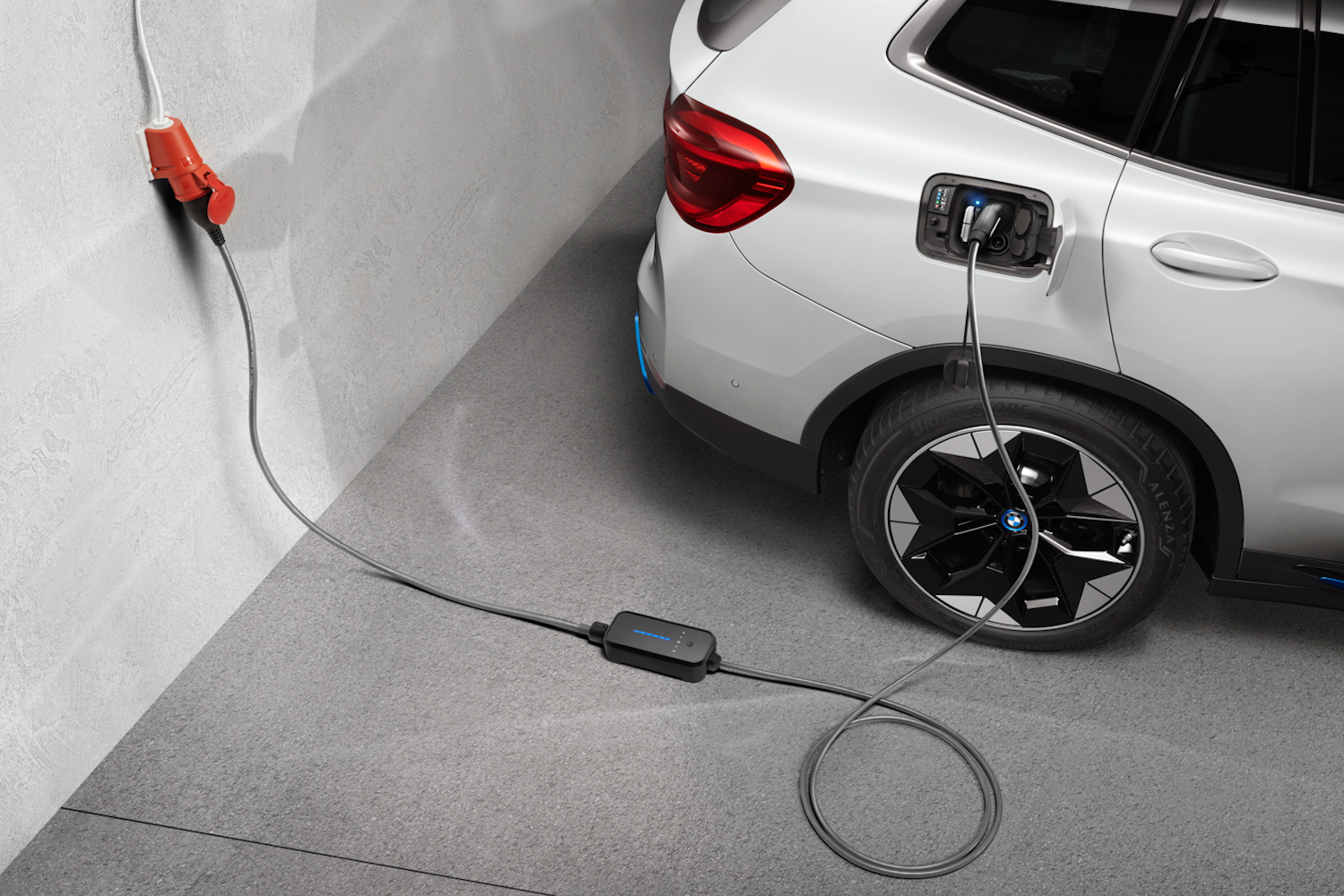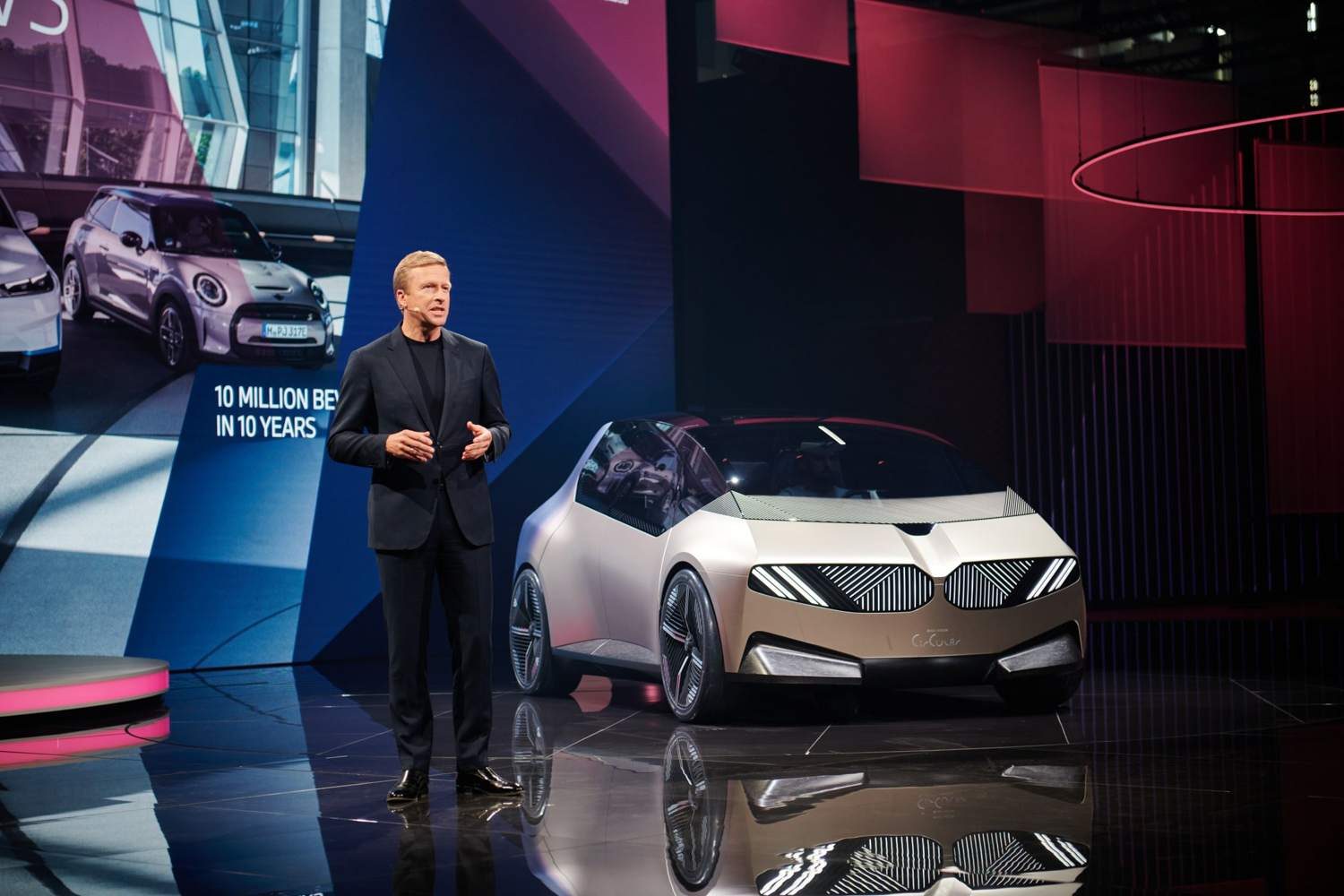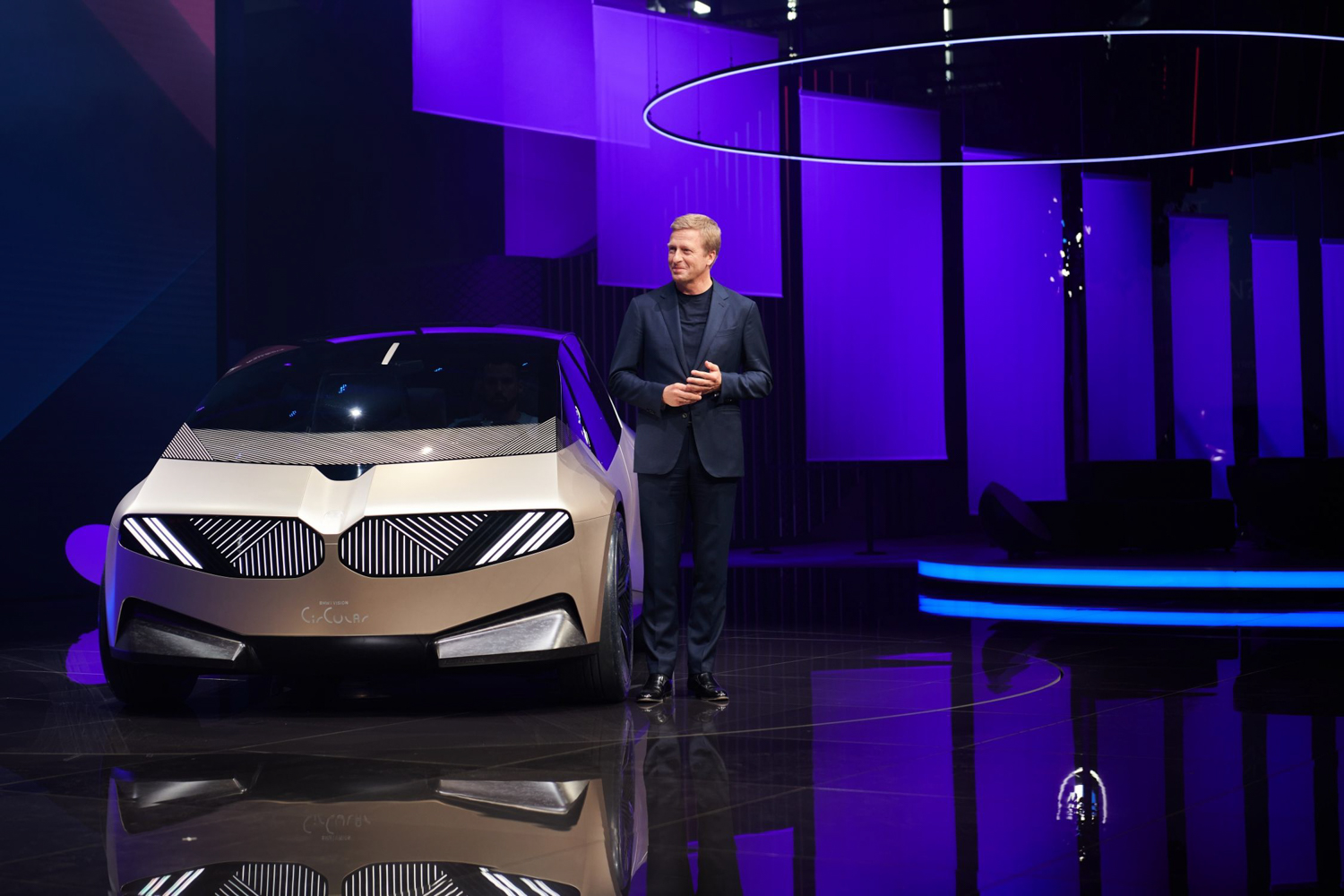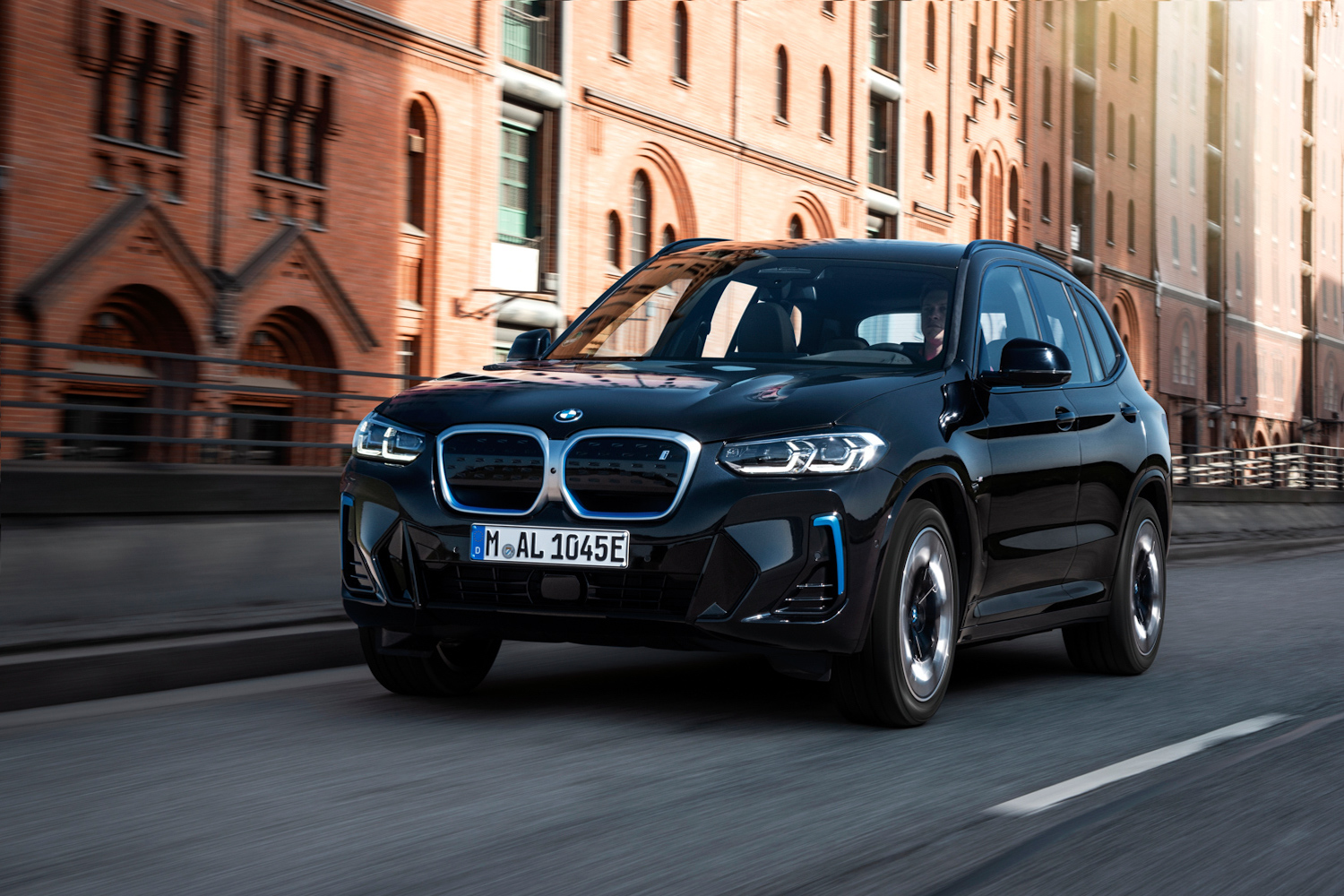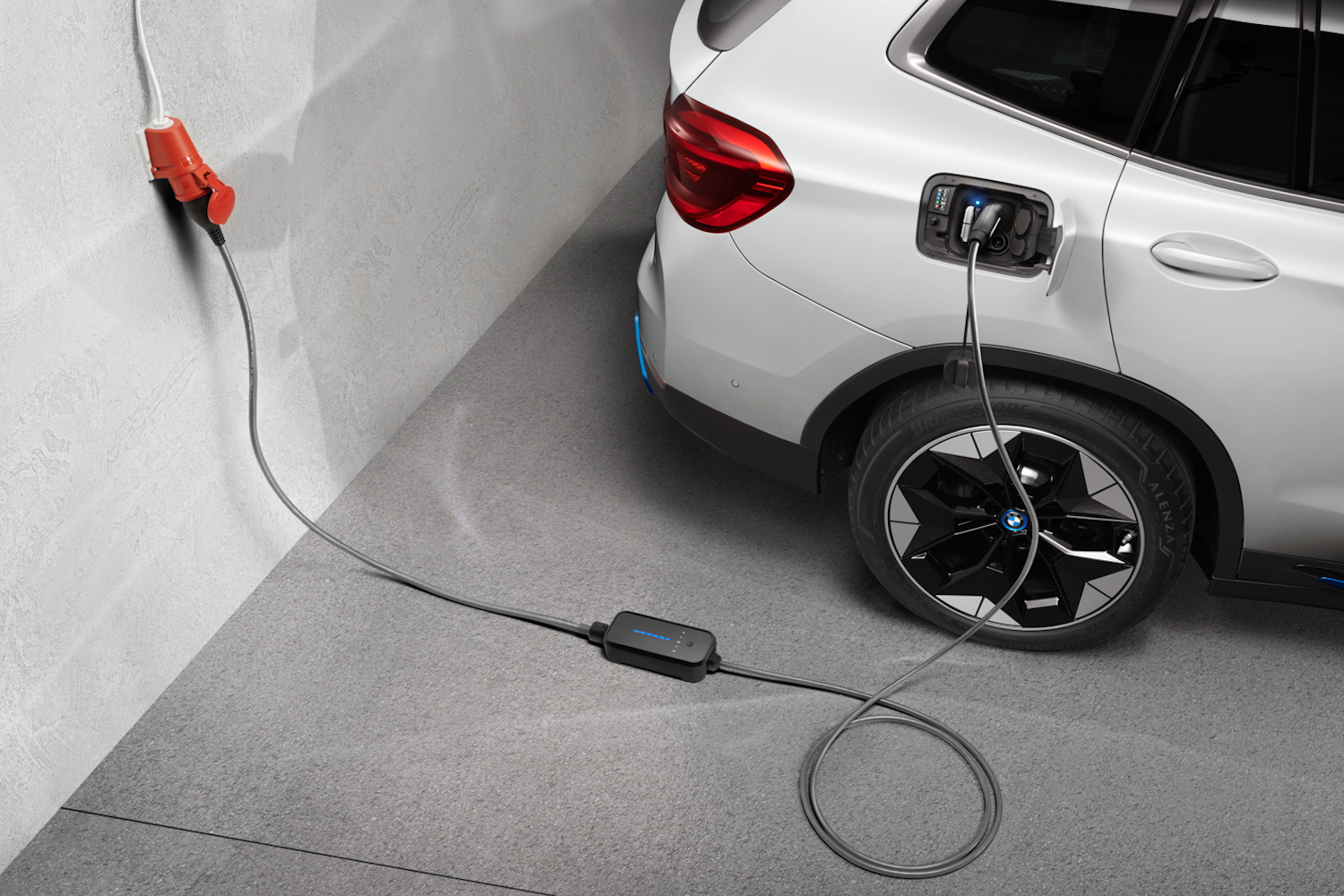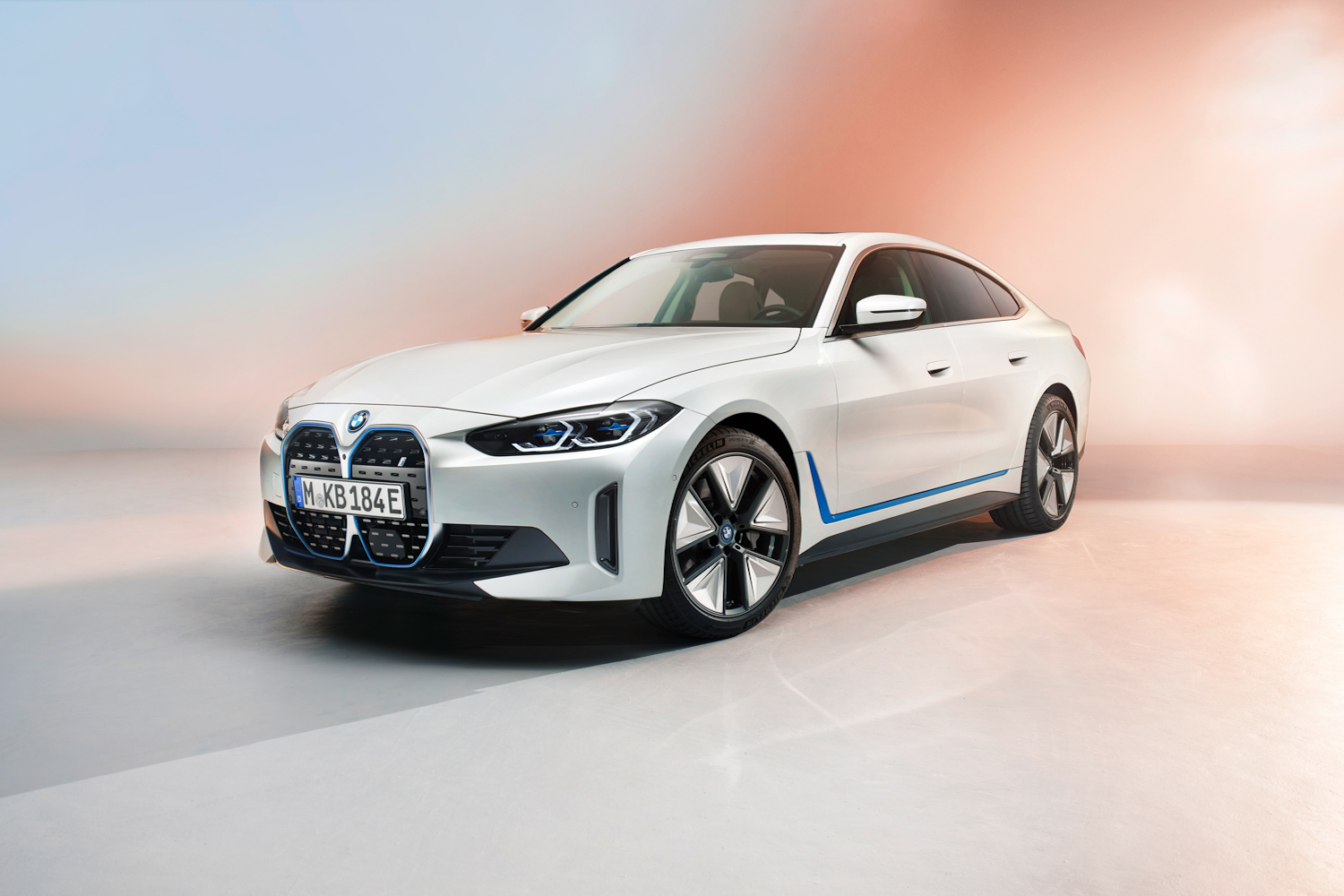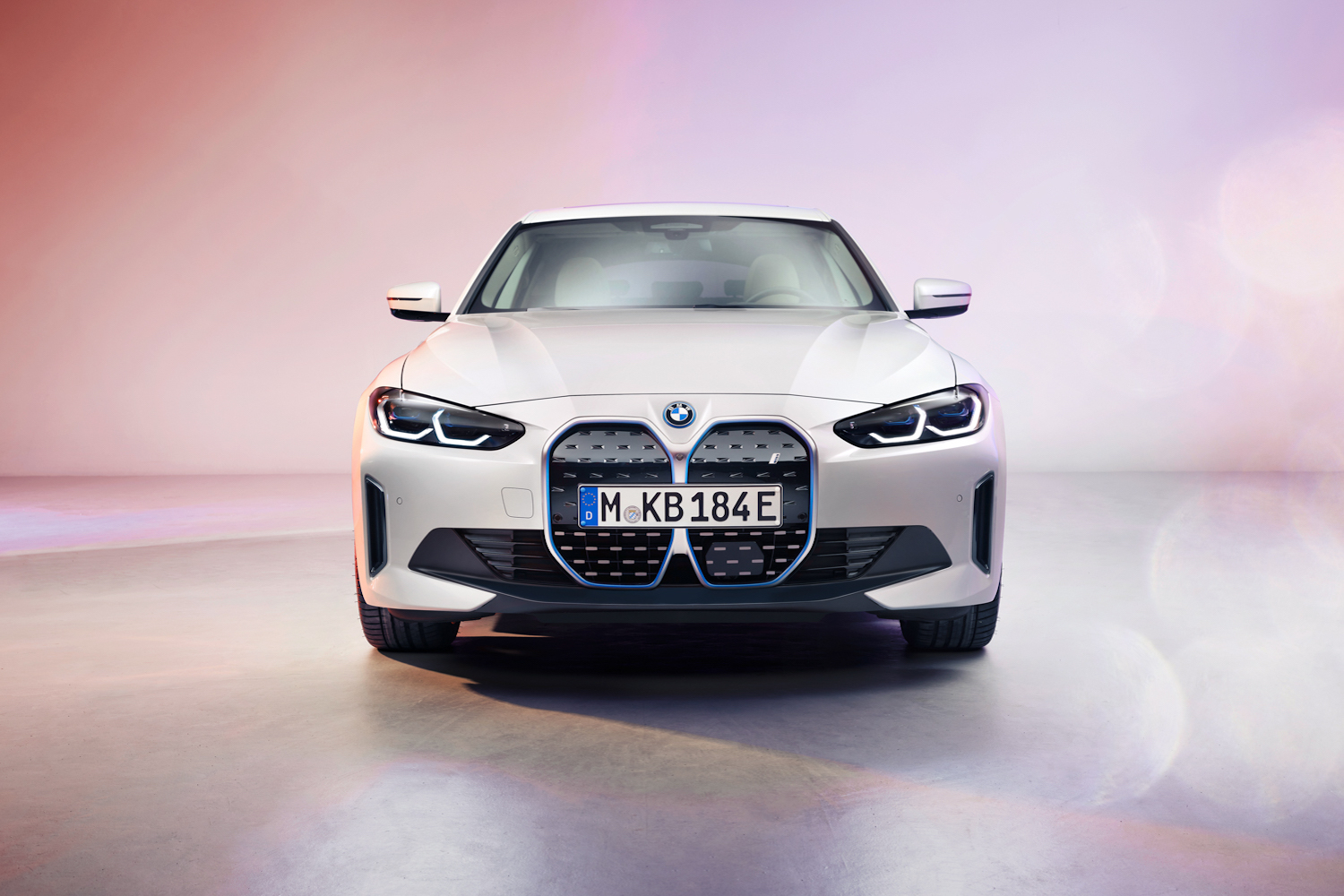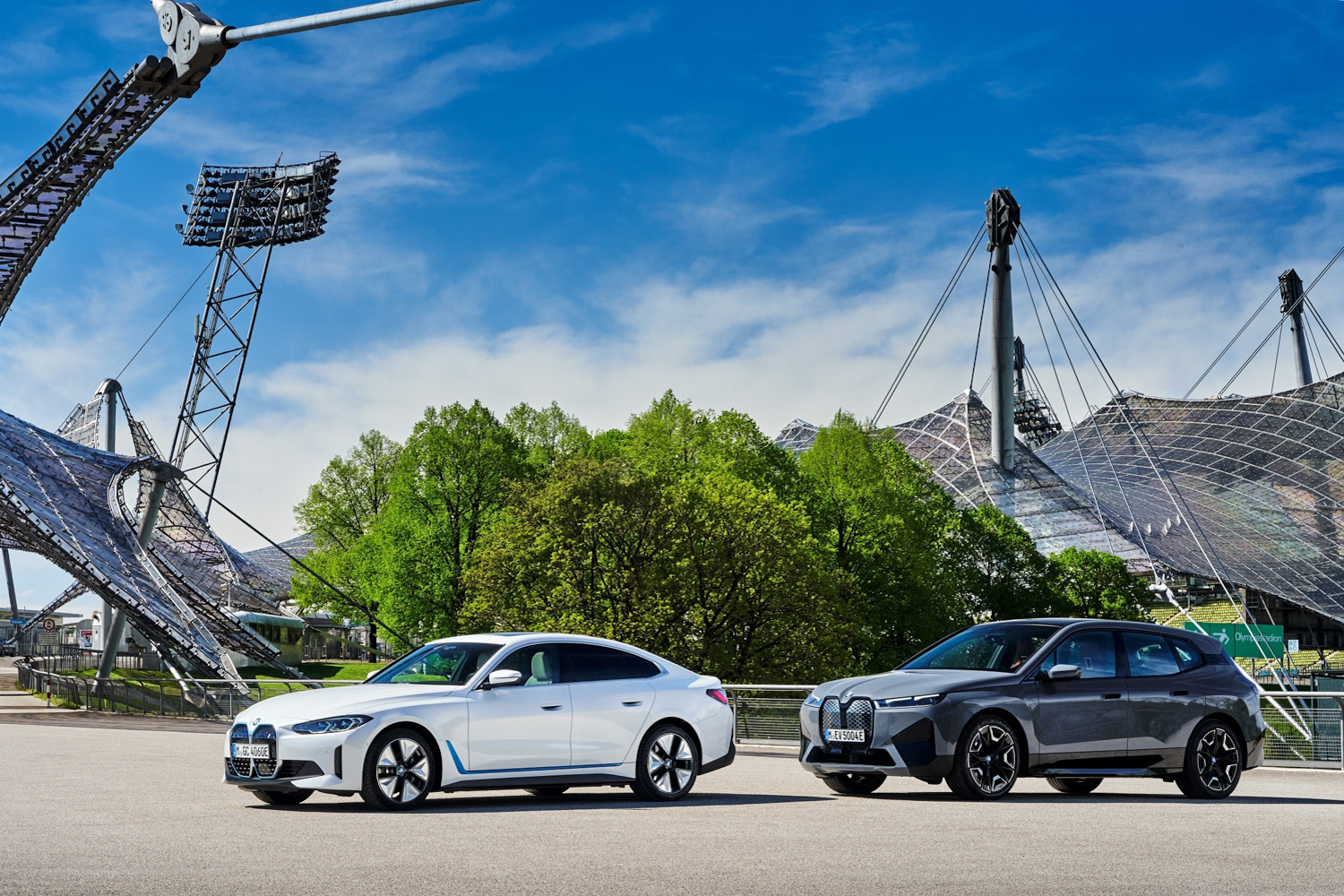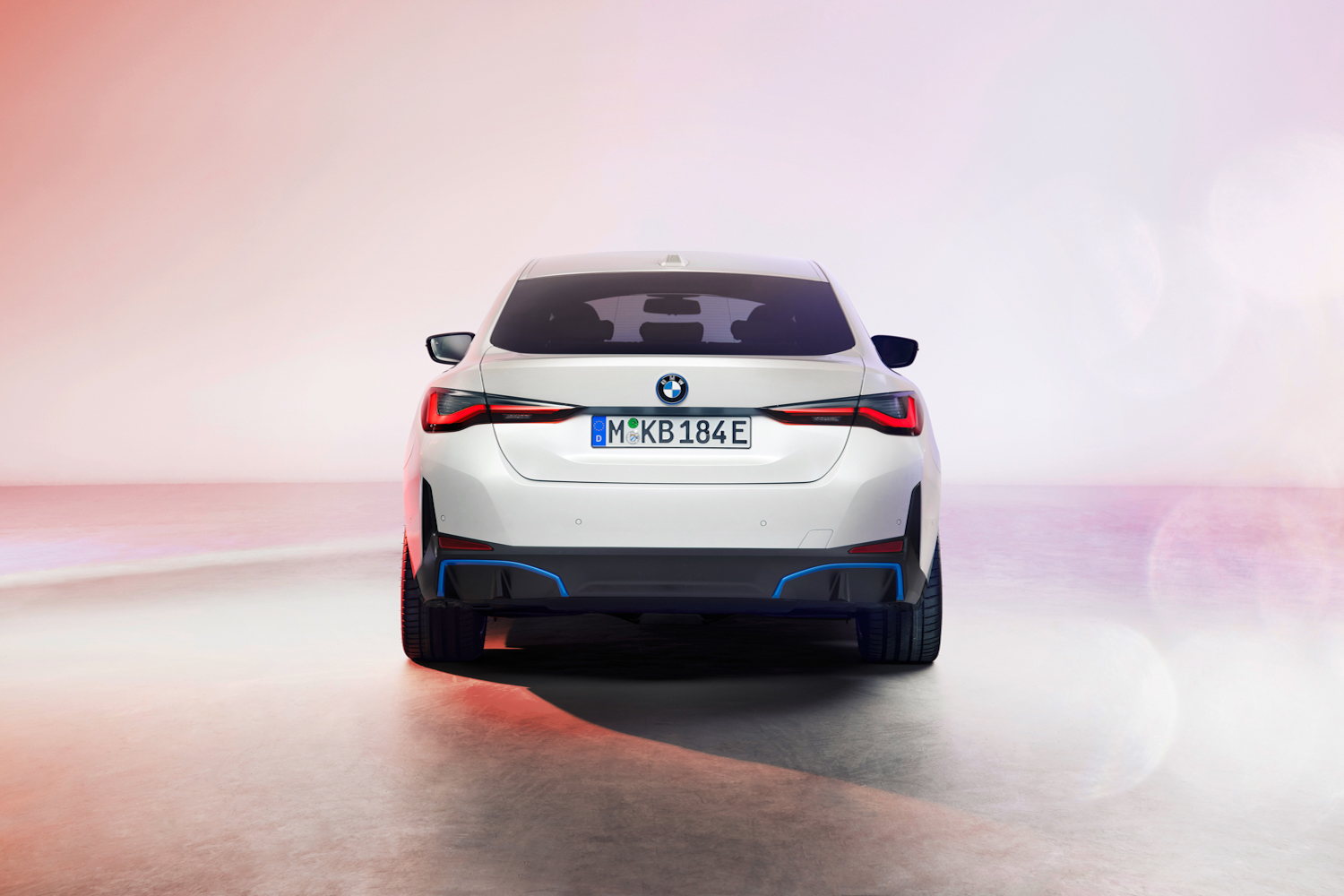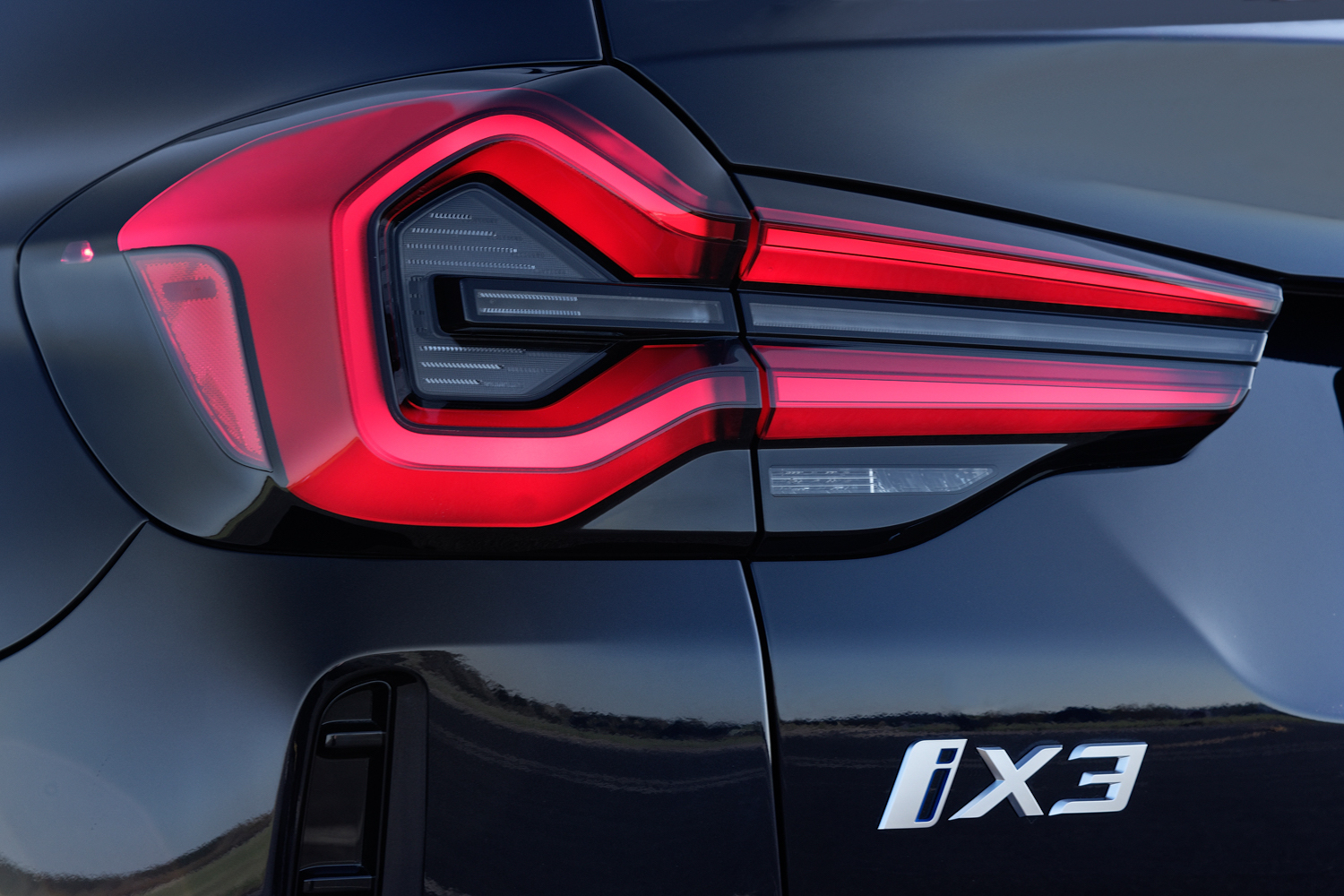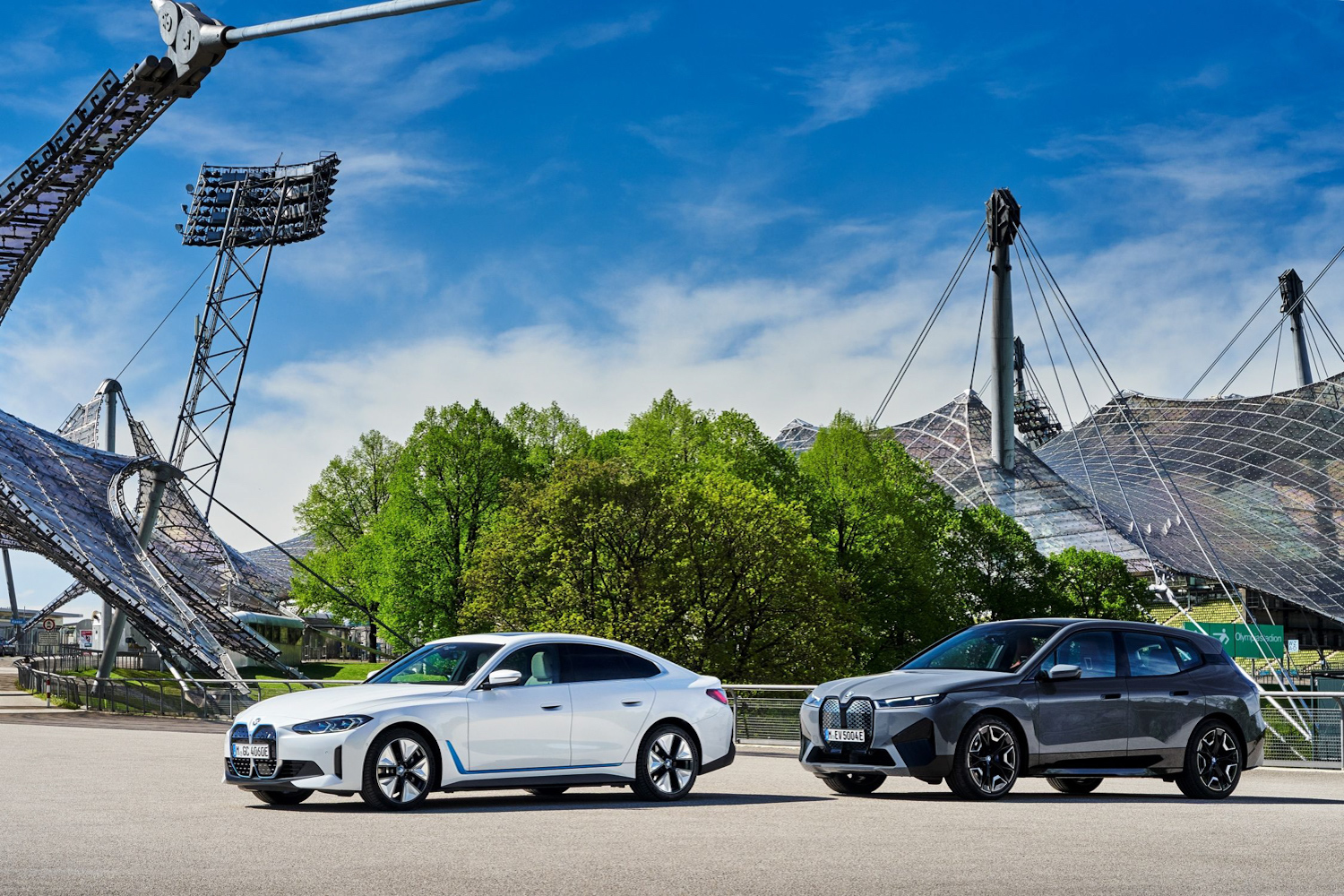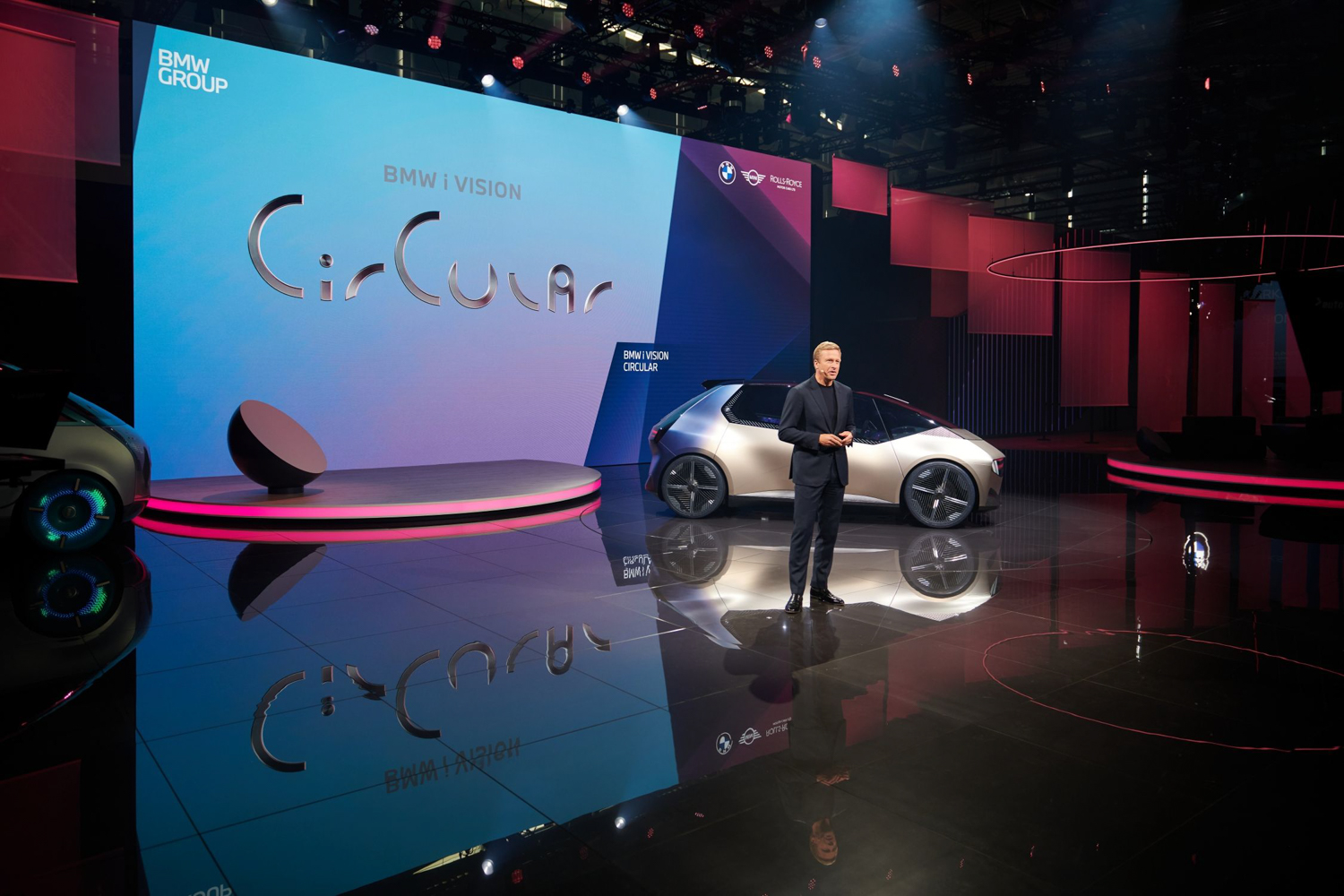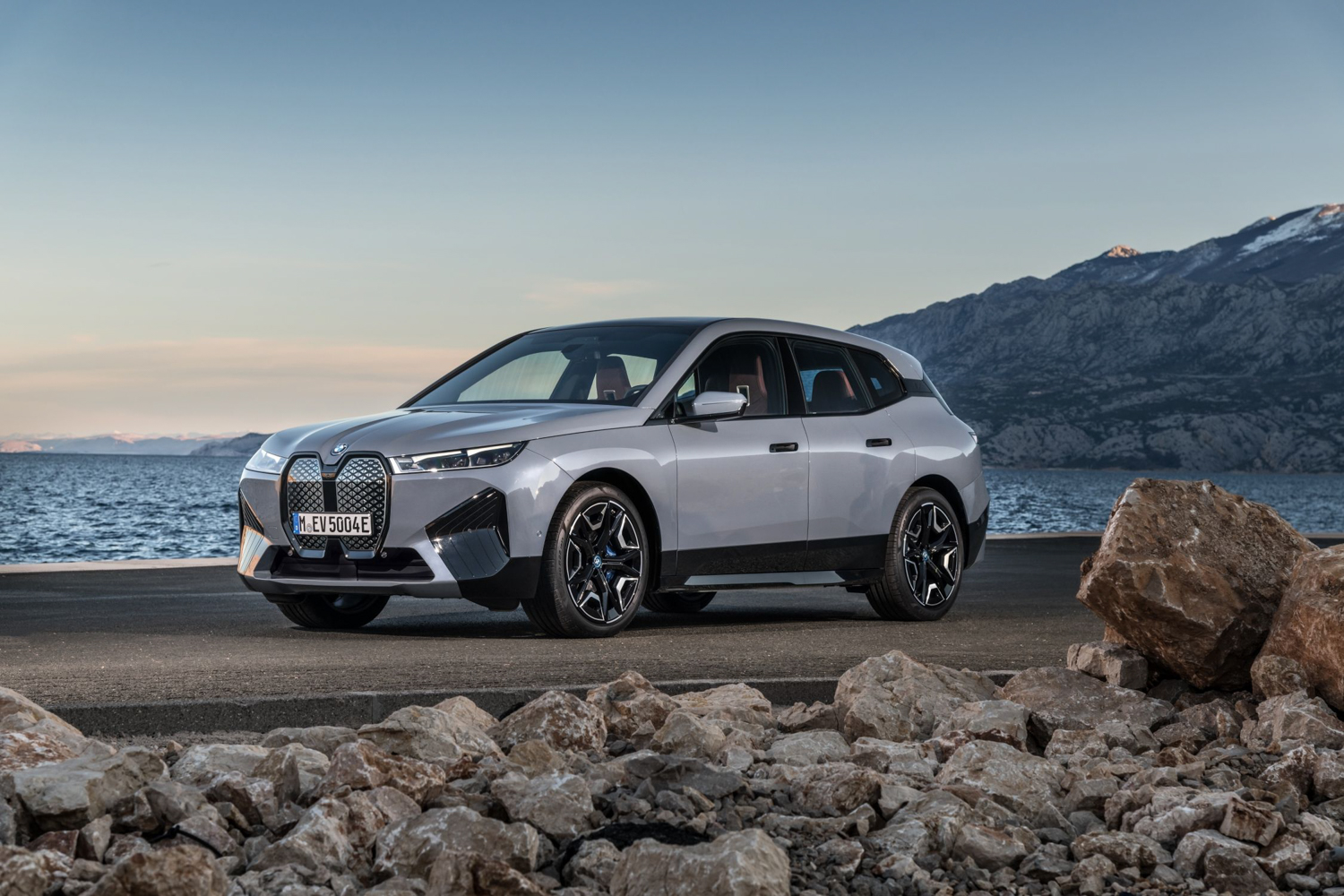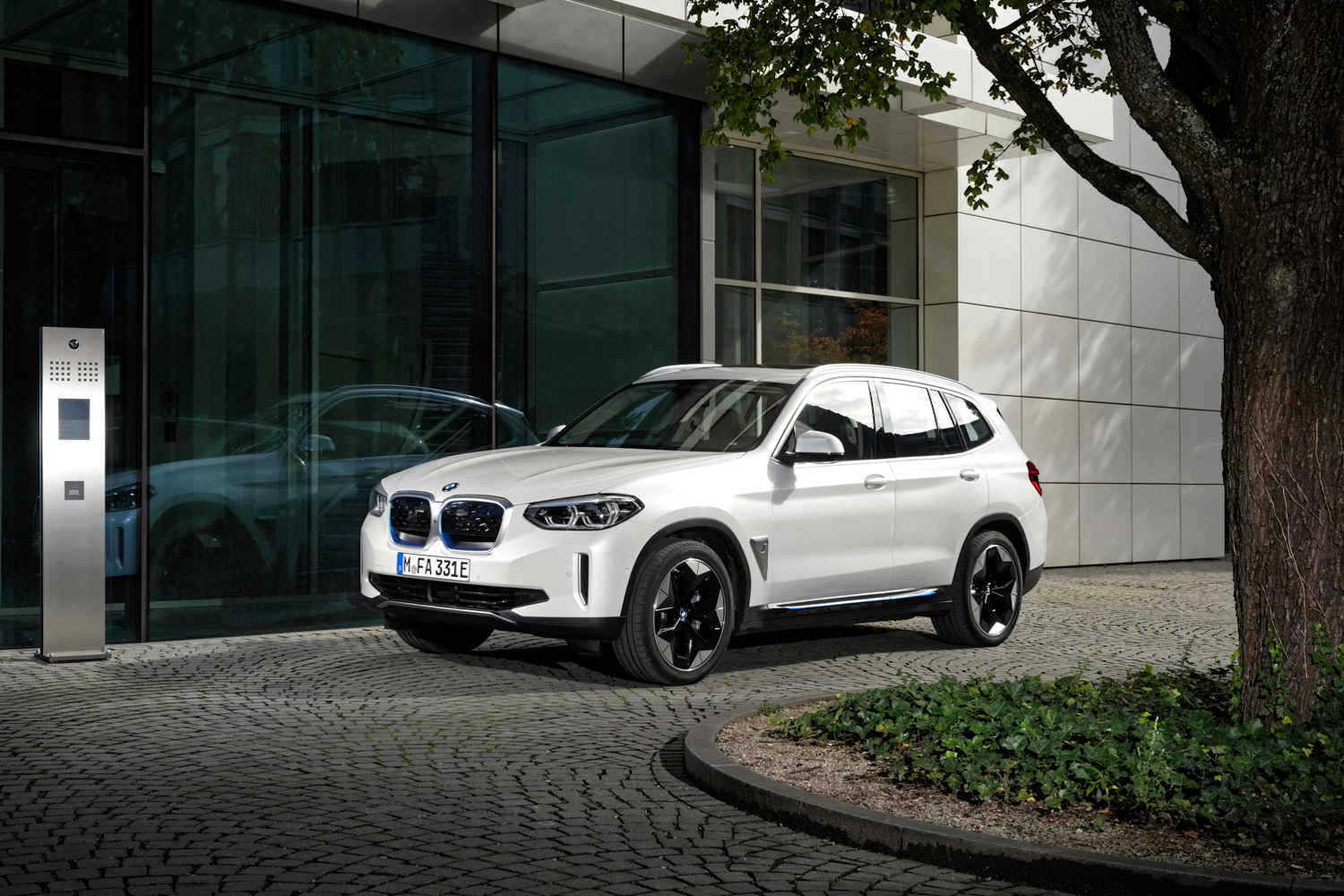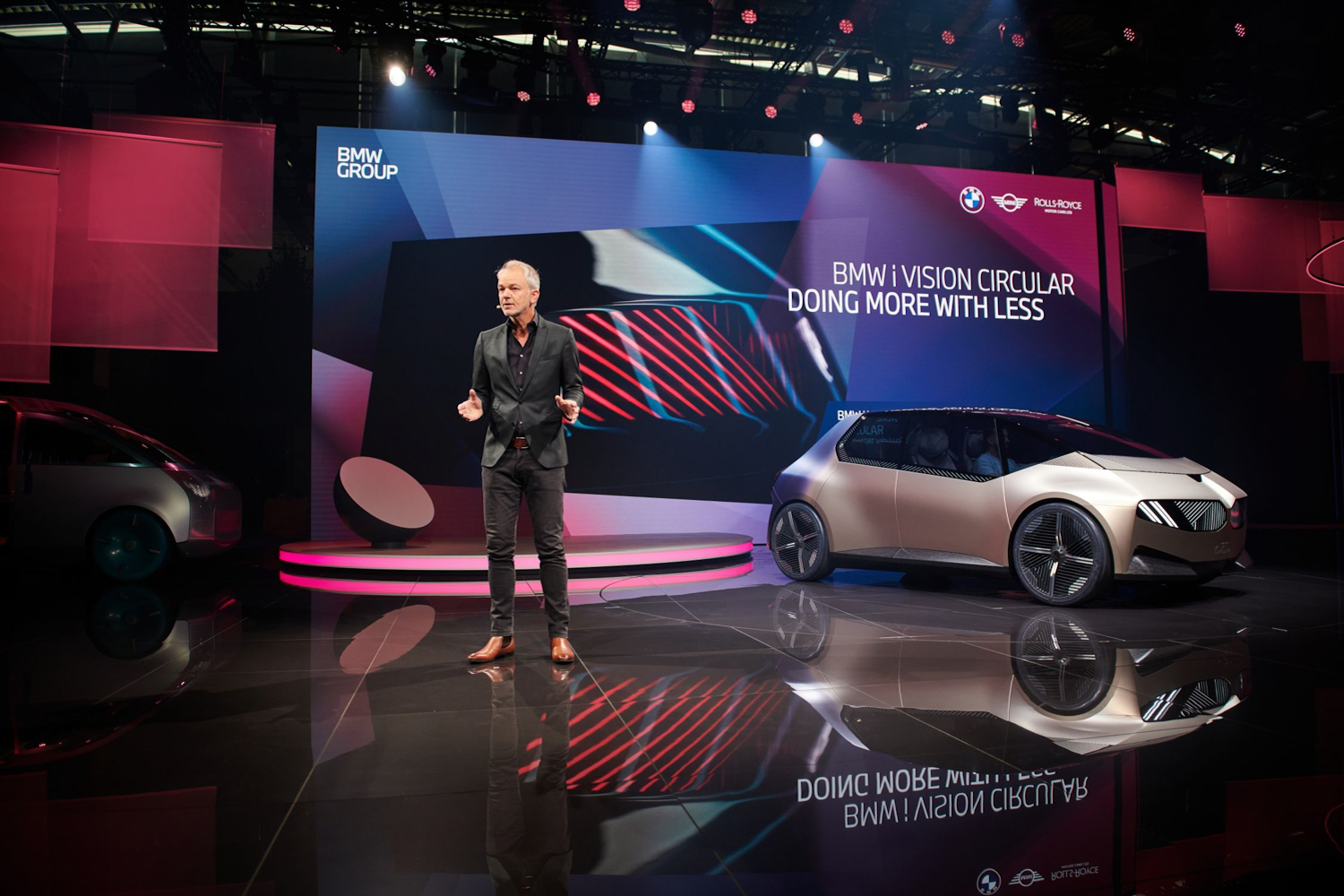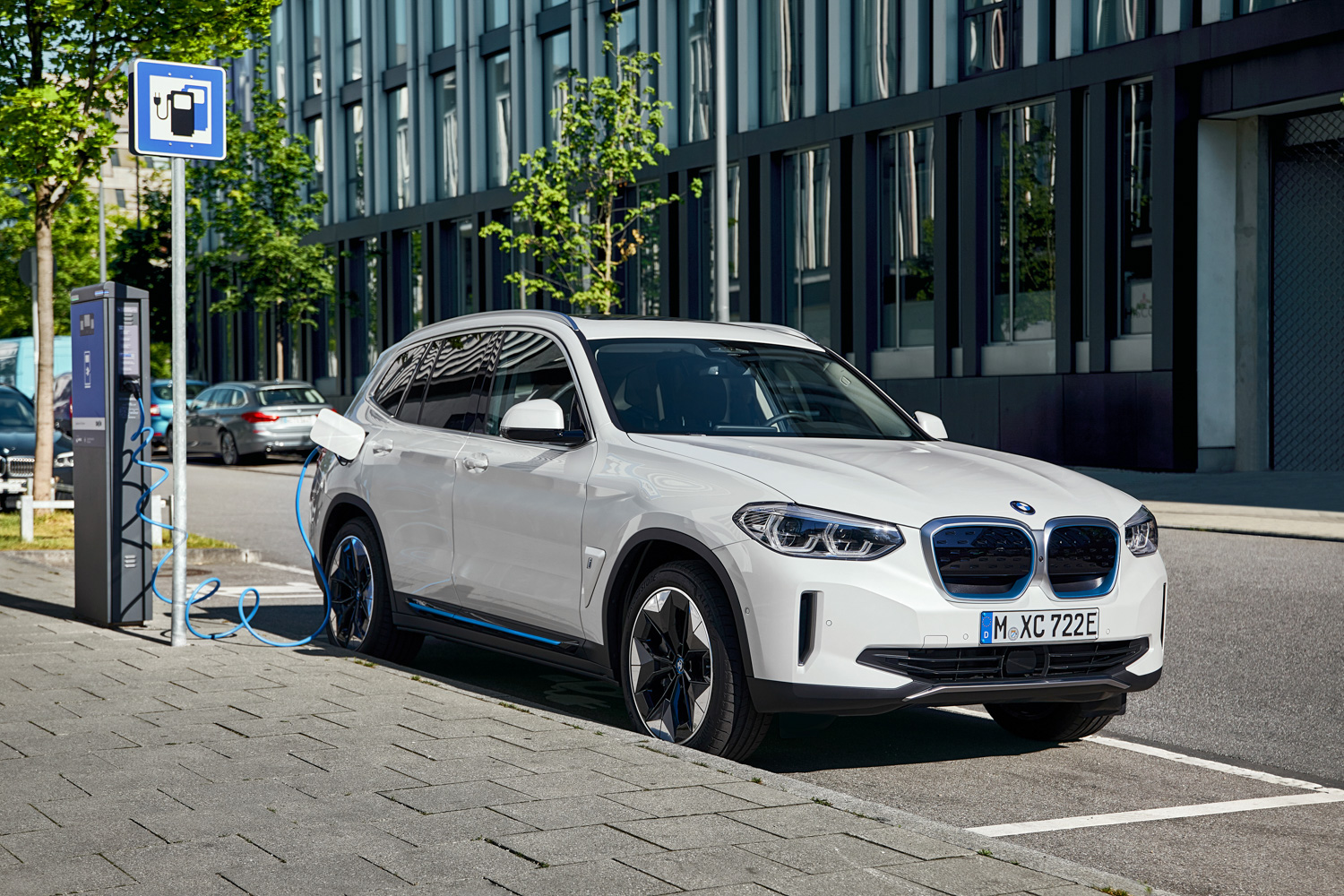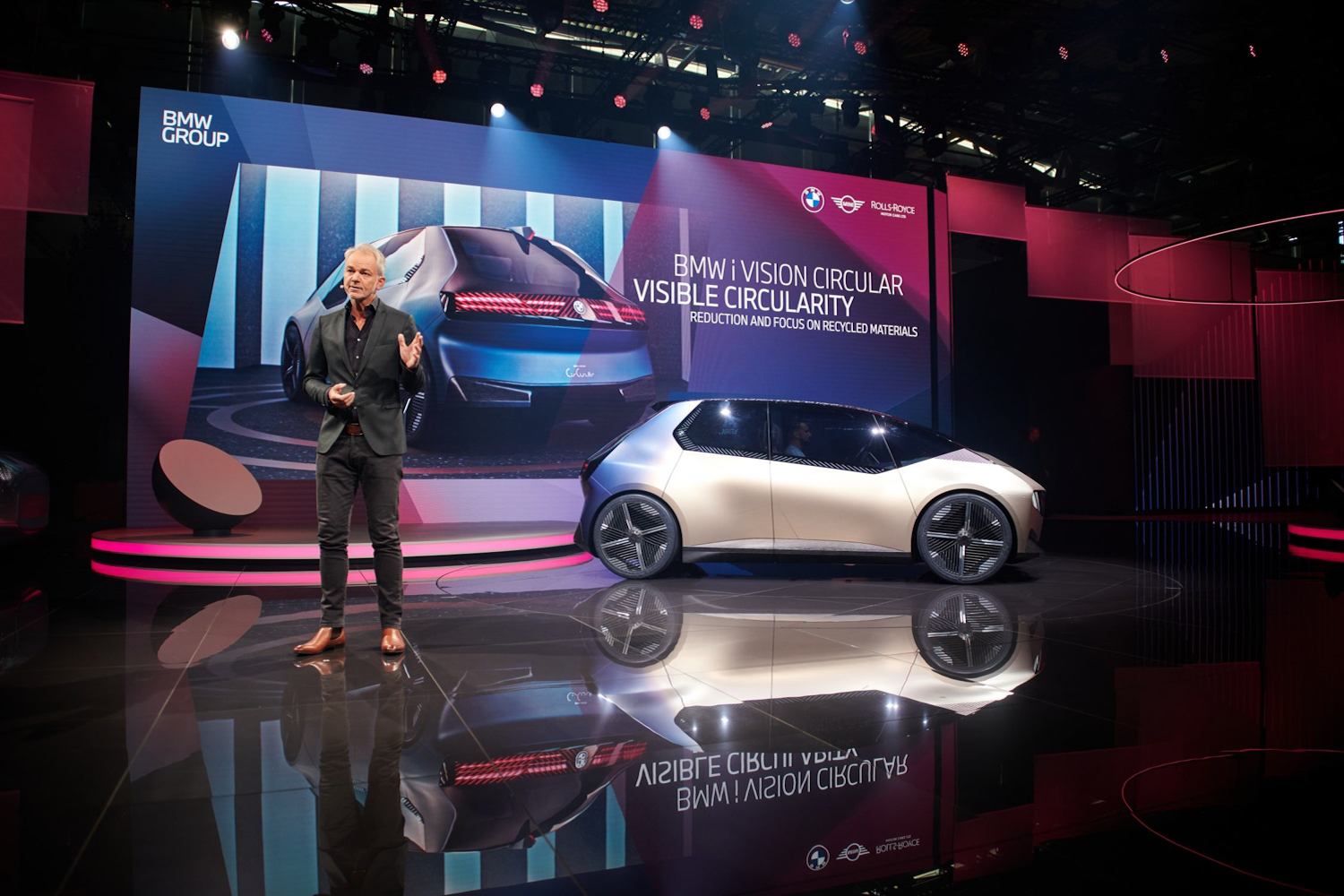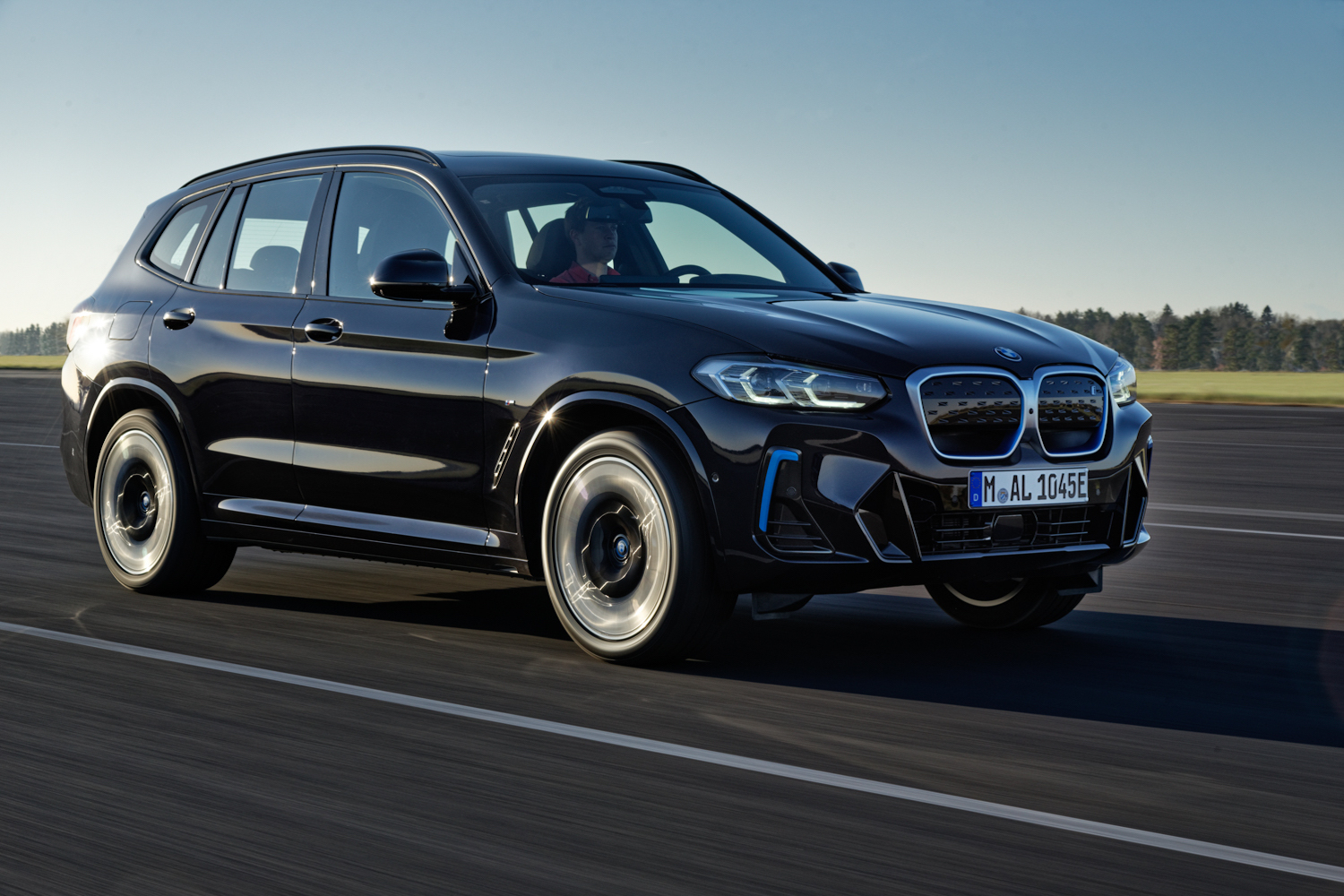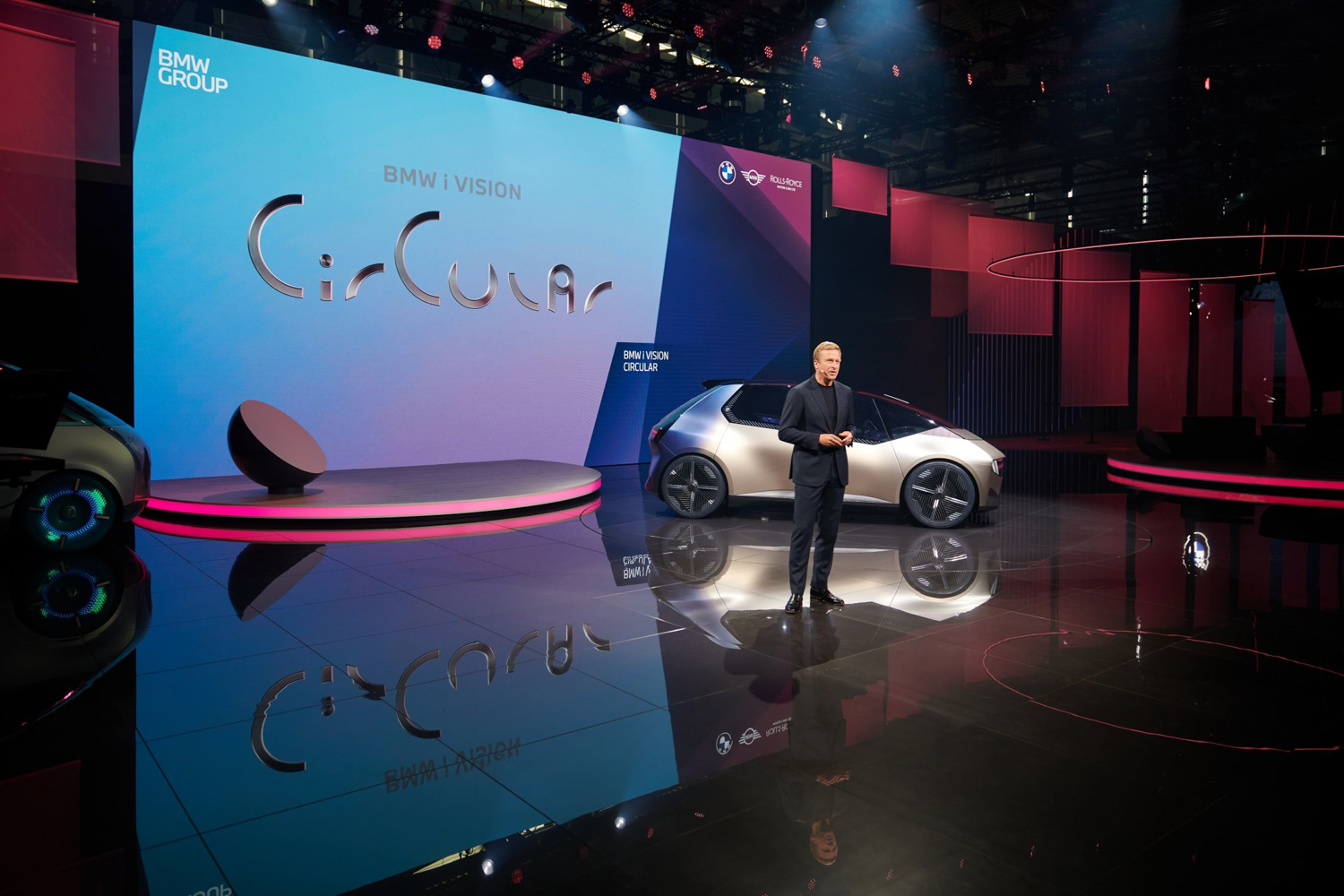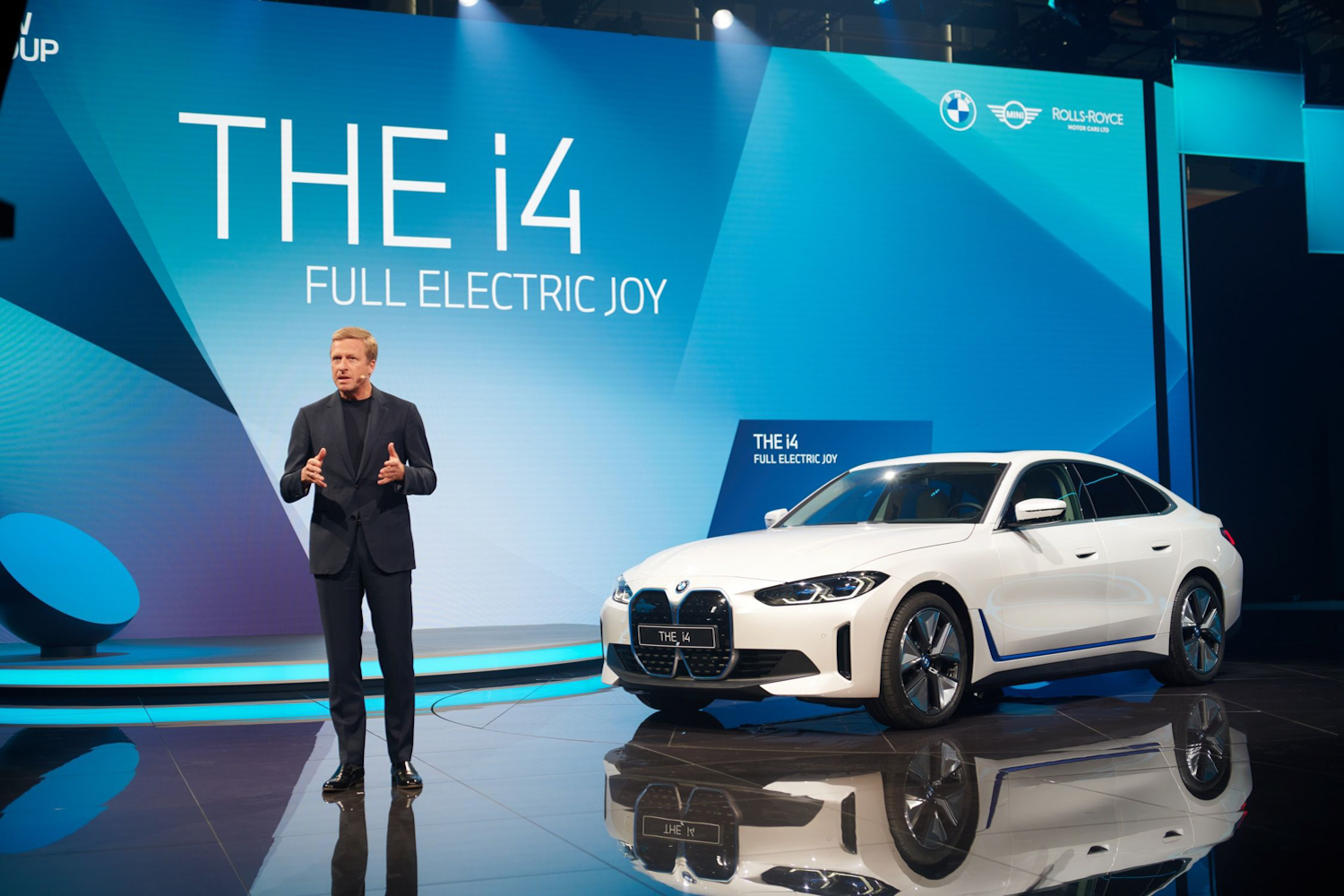To mark World EV Day, BMW has outlined its plans for increased electrification and a greater push for manufacturing sustainability in the coming years.
The main prongs of the strategy involve the launch of a range of new pure-EV models, the full electrification of the MINI brand by 2030 and a focus on "circularity", the use of recycled and secondary waste materials in its manufacturing, as previewed on the recent i Vision Circular concept car unveiled at the IAA Mobility show in Munich.
New models
Between the latter part of this year and early 2022, BMW will launch three new fully electric models in Ireland, the iX3, iX and i4.
The iX3 SUV promises up to 460km of range (WLTP) from its 80kWh battery which contains around one-third less cobalt, an environmentally costly raw material, than BMWs previous generation of batteries as seen in the i3. The manufacture of the iX3's aluminium castings and thermoplastics also uses a significant quantities of secondary waste materials.
December will see the Irish launch of the BMW iX, another SUV, offering a 630km range and the ability to recharge the battery for an extra 150km in ten minutes. Secondary materials make up around 50 per cent of the nickel in the battery and 30 per cent of the aluminium in the battery casing. The interior uses natural and recycled materials including plastic made recycled fishing nets for the floor coverings and mats.
The BMW i4, which arrives next year, is a sports saloon (or Gran Coupe in BMW's parlance) and one variant includes BMW's M Division's first foray into a fully electric high performance production vehicle, the M50, delivering 544hp and a 510km range.
As of 2022, BMW will offer five pure-electric models in Ireland as well as nine plug-in hybrid models. By 2023, it says, it plans to increase that figure to 25 electrified models, with more than half featuring a fully electric powertrain. It predicts that by 2030, half of its worldwide sales will come from EVs.
MINI
BMW's plan is for its MINI brand to feature an exclusively electric line-up by 2030. Electrified models have, thus far this year, made up 46 per cent of MINI's sales in Ireland with 244 units registered to the end of July.
Electrified BMWs comprised 37 per cent of the company's sales in Ireland so far this year.
Manufacturing process
BMW currently uses around 30 per cent recycled or secondary materials in building its cars, a figure it plans to increase to 50 per cent in the coming years.
According to the company, since last year, 100 per cent of the company's energy requirements in its plants globally have been provided by renewable energy sources with the factory in Germany which produces the iX and i4 being supplied from hydroelectric power stations elsewhere in Bavaria.
One of the problematic processes which manufacturers have been forced to confront in recent years has been the huge environmental and social cost of extracting the raw materials for EV batteries. BMW has developed its own procurement process for the supply of cobalt and lithium to try ensure greater supply chain security as well as greater compliance with environmental and ethical standards.

